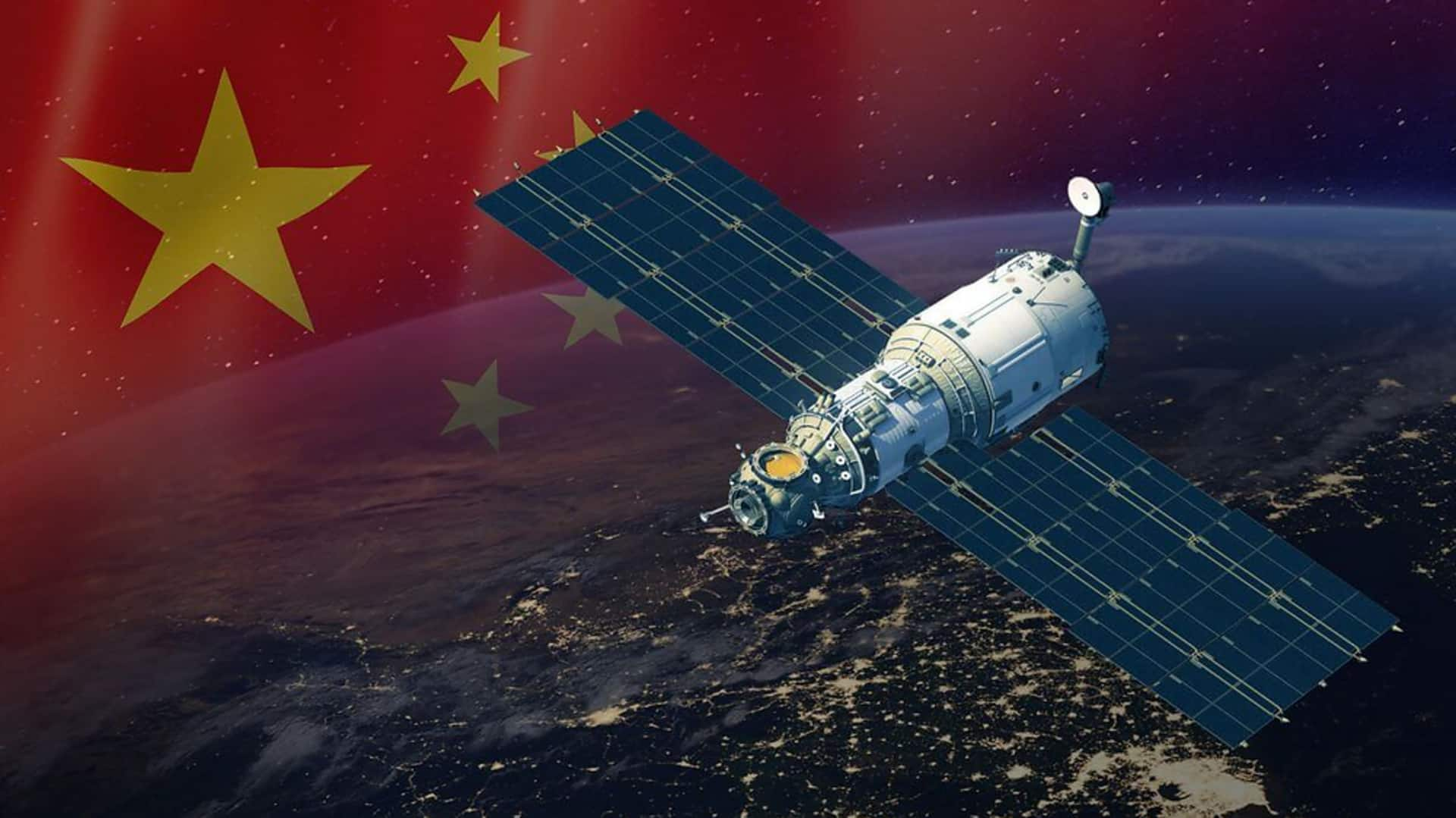
China has unveiled an ambitious national-level space exploration plan, covering the period from now to 2050. The strategy was jointly developed by the Chinese Academy of Sciences, the China National Space Administration (CNSA), and the China Manned Space Agency (CMSA). Introduced at a press conference at the State Council Information Office, this is China's first comprehensive program to lead global space exploration.
Space exploration plan: Key areas of focus The plan details a number of key areas of focus for China's space exploration efforts. These include investigating the "extreme universe" to understand its origin and early physical laws, studying gravitational waves under the "Ripples of Space-Time" initiative, and exploring the "Sun-Earth Panorama." The search for habitable planets and evidence of extraterrestrial life, both within and beyond our solar system , is also a major part of this strategy.
3 phases of activity The plan will be executed in three phases, with the first phase running until 2027. During this time, China will continue operating its space station and "implement manned lunar exploration" - which probably means landing on the Moon. The country will also launch more planetary exploration missions and prepare five to eight satellites for scientific experiments.
Future phases and missions The second phase of the plan, 2028-2035, will see continued space station operations, crewed Moon exploration, and an International Lunar Research Station. Another 15 science satellites will also be developed during this phase. The final phase, 2036-2050, will see another 30 space science missions launched with the aim of reaching "world-leading levels" in crucial fields.
China's space station to focus on cutting-edge technologies Over the next decade, China's space station will focus on cutting-edge technologies to address national needs and enhance public health and well-being. It will focus on four research areas: space life and human body research, microgravity physics, space astronomy and Earth science, and new space technologies and applications. Plans also include launching a 2-meter caliber space telescope to probe pressing questions in space astronomy.
Manned lunar exploration program: A historic opportunity China sees its manned lunar exploration program as a historic opportunity to investigate extraterrestrial bodies. "We will integrate unmanned tests with manned lunar missions to conduct extensive space science experiments. We have outlined initial scientific objectives in lunar science and resource exploration," Lin Xiqiang, deputy director of CMSA explained.
This statement highlights China's commitment to advancing its space science capabilities through both crewed and uncrewed missions..










